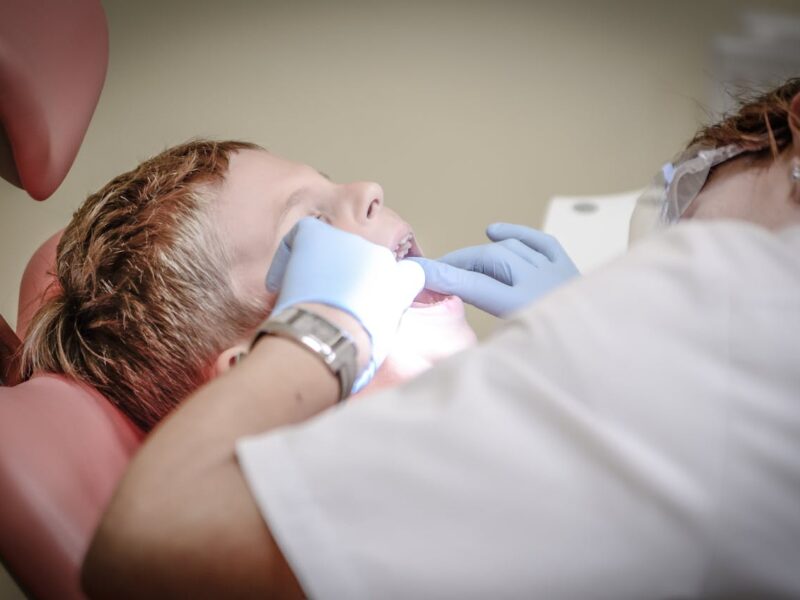Are you nervous when going to the dentist?
Maybe you’ve been putting off that checkup because it’s never pleasant to sit in that chair. Nervousness is something every patient faces, and it’s perfectly normal!
After all, the dentist is there to do a job, and that might hurt. Naturally, everyone wants to avoid pain whenever possible. The more you know, the better you’ll feel going into the appointment. Nervous about what to say?
Just keep reading for ways to ease your nerves and get the most out of your next dentist appointment.
Contents
1. Ask About the Current State of Your Oral Health
This will give you an idea of how well your teeth and gums are doing and the steps you can take to maintain and improve them.
Ask questions such as what plaque buildup you have, if there are any warning signs of gum or tooth decay, or if your gums are showing signs of infection.
You should also enquire about the overall condition of your teeth and gums and any vulnerability to wear and tear.
2. Ask How Often You Should Come In for a Check-up
It is important to ask your dentist how often you should come in for a checkup. Depending on your oral health history, your dentist may recommend that you come in every four to six months.
These regular checkups are vital in order to identify any potential problems early, as well as to ensure any existing issues are handled correctly. Alongside this, your dentist can provide preventative care such as sealing to reduce the risk of cavities.
3. Ask for Suggestions on Any Special Treatments
After having a comprehensive exam and any needed dental work, your dentist may suggest treatments to keep your teeth in the best condition. Other treatments, such as whitening your teeth, fluoride treatments, and sealants, may also be recommended.
Know more about it here at dental office open near me and know more about what treatments are best for you.
4. Ask About the Cost of Any Potential Treatments
Understanding the cost of care ahead of time can help you make informed decisions about whether you want to pursue the treatment and how much you can afford to spend.
Understanding the cost of care can also help you book more timely appointments, factor costs into decisions about treatments, and plan a budget.
5. What Kind of Preventive Measures Can You Take
Your dentist can help you understand the importance of brushing and flossing your teeth and explain the other preventive measures you can take.
They can also tell you about any lifestyle modifications that might help reduce your risk of developing oral care issues, such as quitting smoking or reducing sugary food/drink intake.
Learn About What to Ask on Your Next Dentist Appointment Today
Overall, it’s important to ask the dentist questions relevant to your treatment plan and oral health. Don’t forget to ask any specific questions, concerns, and treatment options that you have.
Also, make sure to enquire about painful symptoms, sensitivity, and other signs of unhealthy gums and teeth. So, if you’re looking for thorough dental care, be sure to ask your dentist the right questions at your next dentist appointment visit!
Did you find this article helpful? Check out the rest of our blogs.



